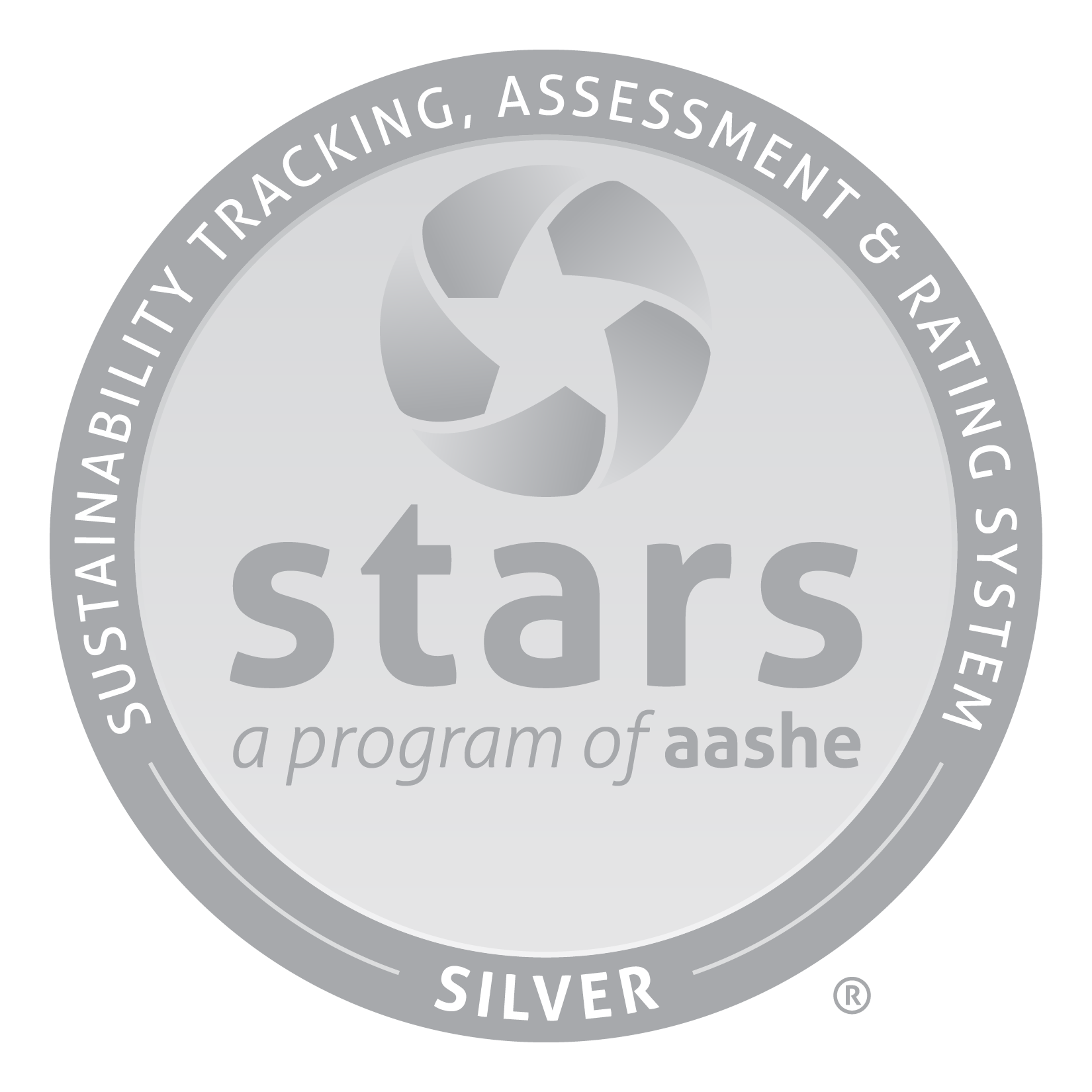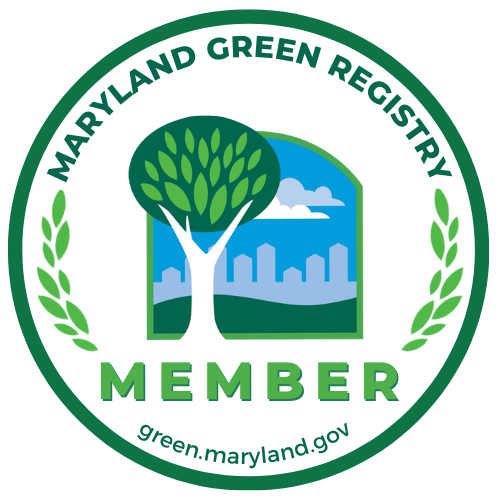Plant-Based Eating
Eating a plant-based diet is not only good for human health, but also for planetary health. According to a study at the University of Oxford published in Science, eating a vegan diet could be the “single biggest way” to reduce your environmental impact on earth. Researchers at Oxford found that cutting meat and dairy products from your diet could reduce an individual’s carbon footprint from food by up to 73 percent. In addition to carbon, by reducing our animal-based food consumption, we greatly reduce our usage of fresh water and land needed for agriculture.
Eating Local
Here are a few of the benefits of eating food that has been locally grown:
- Local food supports the local economy, reinvesting money in your community.
- Local food benefits the environment by helping to maintain farmland and green space within your community, as well as cutting down on carbon emissions from transportation.
- Local growers can tell you how exactly the food was grown (planting, raising, harvesting).
- Local food is full of flavor and nutrients because of the shorter time period between harvest and your table.
For more information, please visit the website for Homegrown Baltimore, the city government’s urban agriculture program encouraging Baltimore residents to grow local, buy local, and eat local.
Looking to support local catering vendors? Visit our Make Your Next Event Low-Waste page to access our Green Eats vendor list and interactive map.
University Farmers Market
The University of Maryland Medical Center (UMMC) Farmers Market, located at University Park Plaza on the corner of Paca and Baltimore streets, is held every Tuesday, June through November, from 10 a.m. to 2 p.m. Stop by to purchase fresh produce, sweet treats, prepared meals, and more! The kickoff for the 2024 season will take place June 4.
For information on using SNAP benefits at the market, visit the UMMC website.
Below is a list of vendors for the 2024 season:






